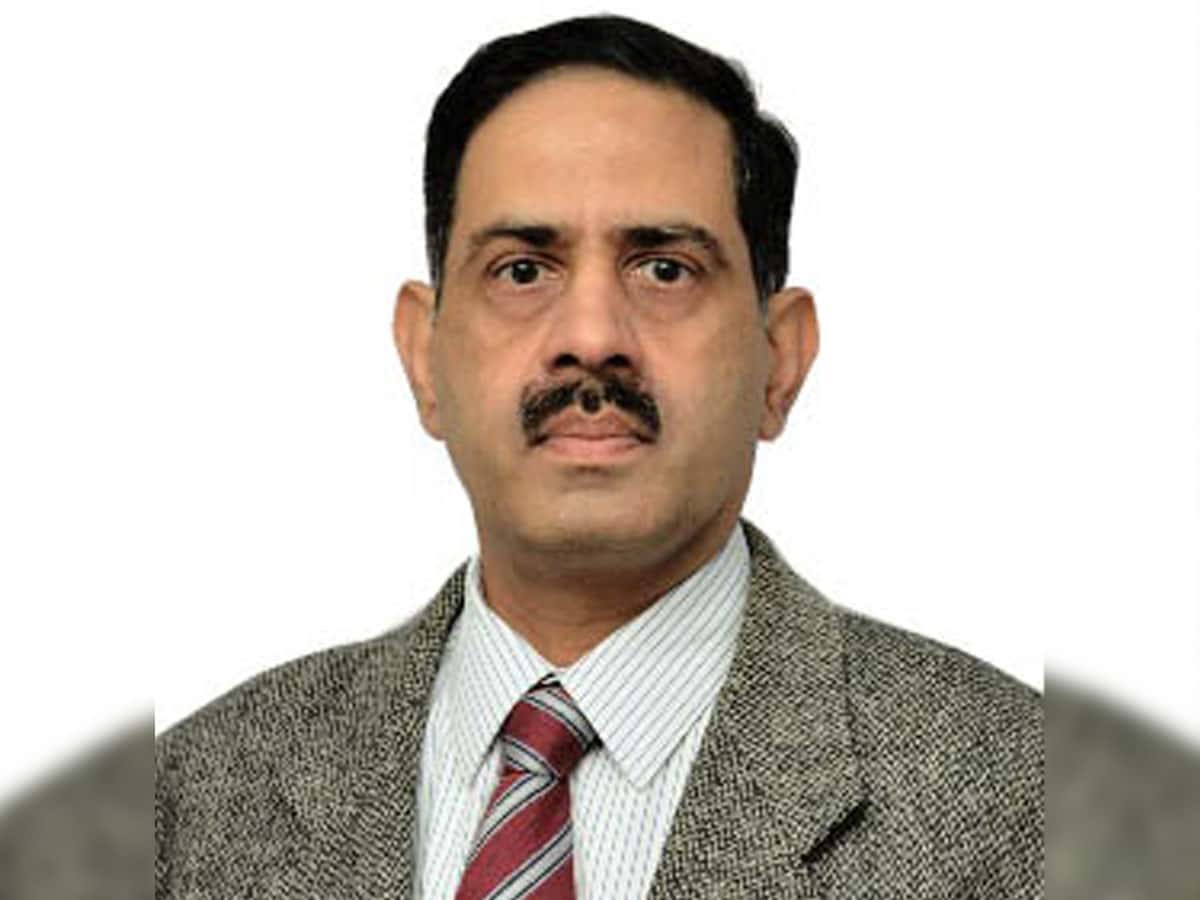
By Syed Khaled Shahbaaz
As technology propels healthcare into the future, there’s a growing concern that the human touch is being overshadowed by the lure of innovation, says Prof Balram Bhargava, a noted Indian scientist and former Director General of Indian Council of Medical Research,
Prof Bhargava is credited with leading the fight against COVID-19 pandemic. He is also the real life hero behind Netflix’s Vaccine War movie.
Speaking with this writer Prof Bhargava delved into the intricacies of an evolving landscape, shedding light on both progress and pitfalls.
The trigger for this discussion is the governmental investment in healthcare. Prof Bhargava underscores the importance of recognising health as a national priority, yet raises a cautionary note about the potential trade-off between speed and quality. While increased spending promises to fortify healthcare infrastructure, there’s a pressing need to ensure that the essence of compassionate care is not lost amidst rapid advancements.
In emphasizing the delicate balance between technological innovation and human connection, Prof Bhargava advocates preserving the art of clinical intuition. Despite the advent of AI and automation, he believes that healthcare decisions cannot solely rely on binary algorithms. Instead, there is an urgent call to augment technological advancements with the empathetic understanding that defines human care.
Looking ahead, Prof Bhargava, who has served as the Secretary to the Department of Health Research, Ministry of Health and Family Welfare, Government of India, identifies pressing healthcare challenges that demand a nuanced approach. Foremost among these is the eradication of tuberculosis—a disease that persists as a stubborn reminder of healthcare’s enduring battles. He says, “It has been 100 years since the disease was discovered, and we are still fighting to get rid of it.”
He stresses the importance of tackling TB comprehensively urging for a concerted effort to address both medical and social determinants of health.
In addition to disease eradication, the Professor, whose COVID-19 directives during the peak pandemic episode saved millions of lives, draws attention to the fundamental necessity of clean water access. Viewing access to potable tap water as a cornerstone of public health, Bhargava asserts that achieving this milestone is crucial for India’s journey towards becoming a developed nation.
Prof Bhargava doesn’t shy away from addressing challenges that have been overlooked in the past. The issue of free-roaming dogs, for instance, poses a significant public health concern that warrants attention. He advocates for initiatives aimed at mitigating such challenges, emphasizing the importance of creating a safe and healthy environment for all citizens.
In navigating the complexities of modern healthcare, he underscores the need for a holistic approach—one that marries technological advancement with the timeless values of empathy and compassion. As India charts its course towards a healthier future, striking this delicate balance emerges as imperative in shaping a robust and inclusive healthcare landscape for generations to come.
